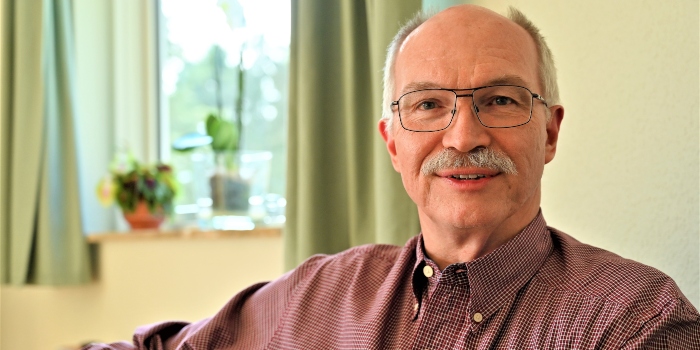These are all very different events and testify to the fact that a genuine shortage society would be the result of a highly complex reality. This complexity emphasises the fact that we need people with solid competences in complex systems more than ever before—be it climate systems, biological systems, energy systems, or production and distribution systems.
System understanding is the trademark of engineering. In other words, we are entering a period where we will really need engineers. The latest forecast from the Danish Society of Engineers (IDA) also supports this: As soon as 2025, Danish society will lack 6,500 engineers.
Therefore, it is disheartening to be President of Denmark’s largest educational institution for engineers and be asked to cut back on the study places on our main campuses in Lyngby and Ballerup, simply because they are located in Greater Copenhagen. By 2030, we must relocate 6 per cent of our study places to smaller cities around the country, regardless of the fact that young people prefer to live and study in bigger cities.
So instead of spending all our efforts on educating as many people as possible with our current educational infrastructures, we spend our time and money on establishing study places far away from our strong, professional environments with international reach, modern auditoriums, and high-tech laboratories.
I find it problematic that our university is forced to use our limited resources in such an inefficient way. Therefore, I wish that we at DTU could continue to do what we do well, not least from an international point of view: educating highly qualified engineers efficiently.
